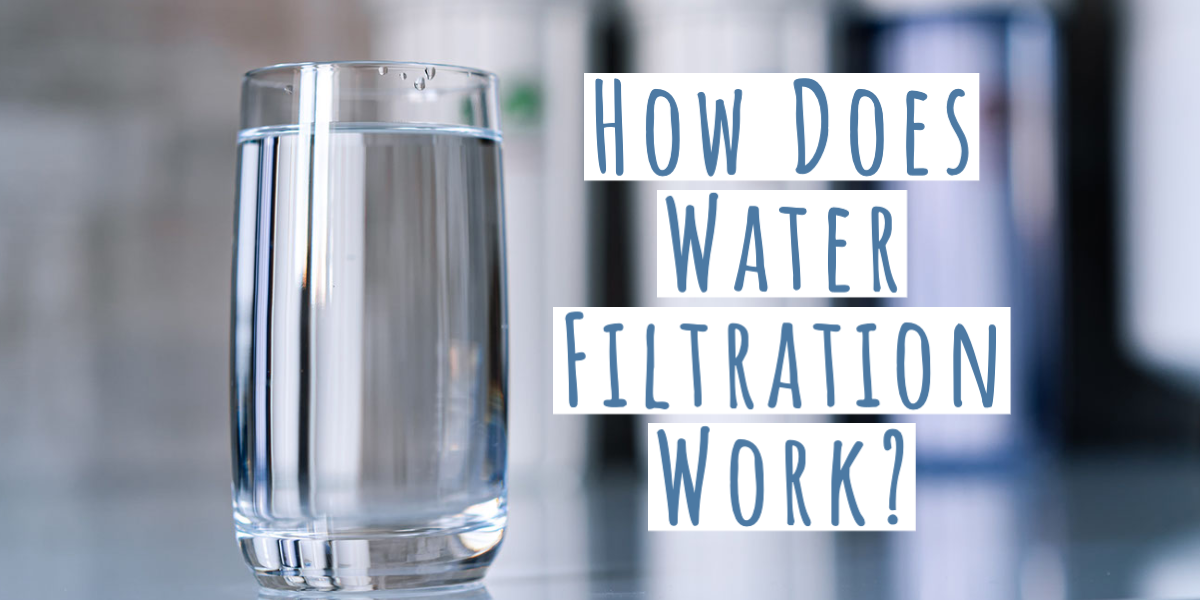You finally buy your new home, and one of the first things you may think about is “what kind of filtration you need for your home.” Of course, you want quality and great-tasting water, but you don’t know where to begin. Or perhaps you have more questions than answers about water quality issues and how they could affect your home. Some thoughts that run through your mind may be, what exactly is hard water? What do water softeners do? Or maybe how can I decide which one I need? Upper Arlington Plumbing & Drain is here FOR YOU. We know that this decision and all these questions can be overwhelming, and we are here to answer your questions and guide you in the right direction.
What Is Hard Water?
One of your everyday tasks may be unloading your dishwasher, and one of the biggest challenges are those pestering water spots all over your beautiful glasses. Maybe even soap scum in your tub and shower doors, or if your hair still feels dry no matter how much treatment you may use? Hard water is likely the reason for all these problems, but don’t worry, it’s something we can resolve. The soap you use in your laundry and kitchen responds to a high level of calcium and magnesium. Maybe you’ve noticed that you need more detergent to clean things thoroughly. It can be pretty frustrating with whatever you’re trying to get clean, and because you are cleaning it repeatedly, it can cause wear and tear in your clothes. The cause? You got it; it’s the hard water running through your home. But don’t worry; continue to read, and you’ll see how we can fix this issue.
What Are Water Softeners Used For?
Water softeners remove minerals that cause hard water. They use a different treatment approach than filtration systems, so they don’t work like water filters. Water filters concentrate on and accomplish several tasks, which we will discuss later. However, because water softener stops calcium and magnesium, they can improve your water status and help you save on cleaning supplies, lower your water bill, and even eliminate those water spots. But we’re not done; you will also see cleaner dishes, sinks, and a difference in your skin and hair. Great News, right?
How Can Water Be Purified By A Filter?
Water filters control waste and bacteria from washing through and into your home. There are two types of water filtration which are physical and chemical.
Physical filtration removes impurities from the water that runs through your home. Through this filter, what you don’t want in your water is caught, and clean water can run through your home and provide clean drinking and usable water for your home.
The second process is chemical filtration. This creates a chemical reaction as water passes through an activated carbon- for example, charcoal. Chemical filtration helps drain smaller particles like debris in the water that can pass through the filter during physical filtration. In conclusion, both filtrations work together to filter your water and make it safe for your family.
Which Water Filter Is Right for Me?
Deciphering whether water softening, or filtration is best for your home is contingent on what is in your water and the problems you would like to subside. Perhaps you have issues with both and need a filter and softener; you can do that. Remember, a water softener can relieve frustrations when dealing with spots on your dishes or dry, irritated skin in your household. But a filter may be your most suitable option if your water tastes or smells strange or if you are concerned about the chemicals in your drinking water.
How can I get help if I need it?
Look no further! You came to the right place, and Upper Arlington Plumbing & Drain is here to assist you and your family on which filter works best for your home. Call (614) 363-1924 for additional questions, or schedule an online appointment by clicking here. We look forward to hearing from you!




